How the world’s oldest luxury leather-goods house keeps things fresh
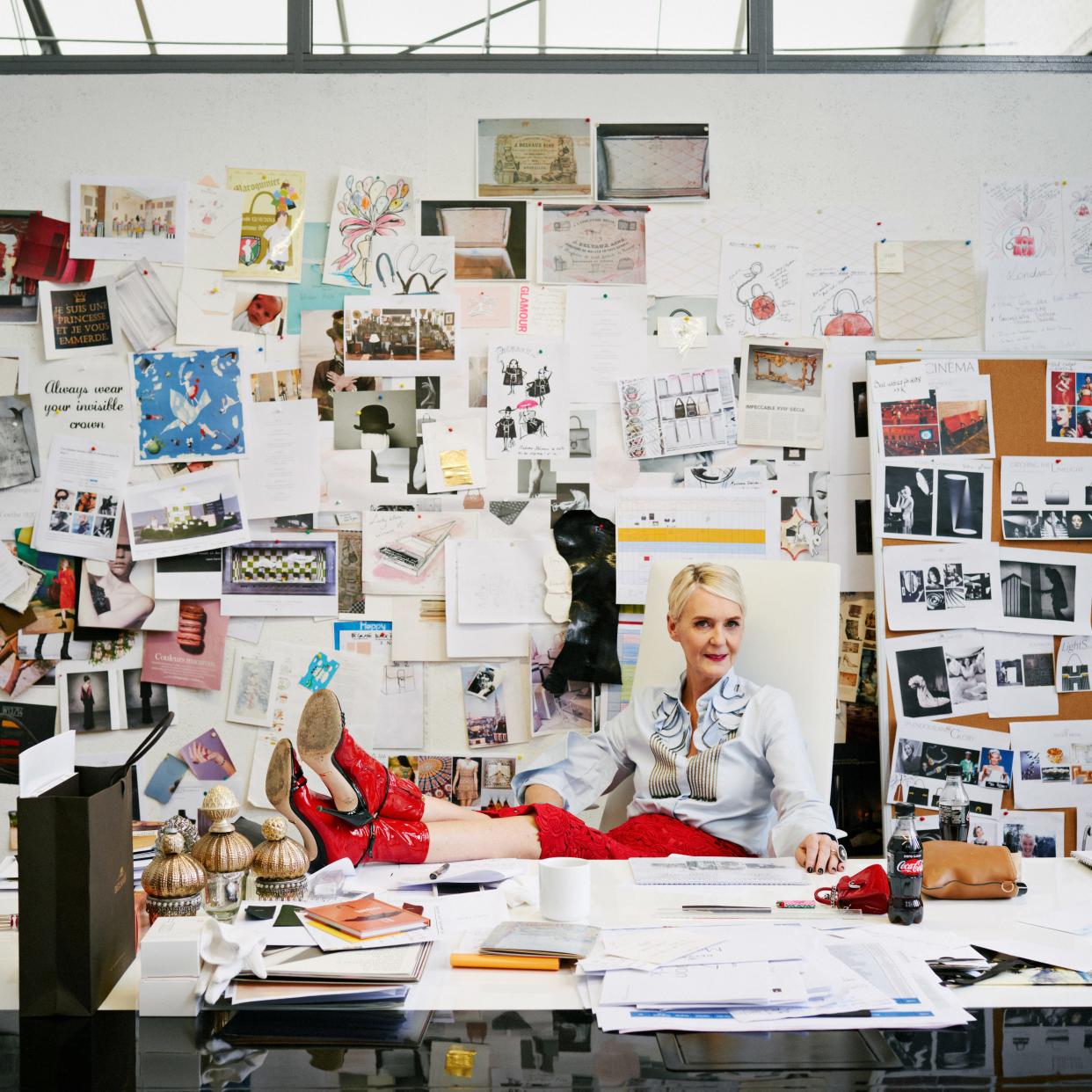
It's no small matter to be the custodian of the oldest leather brand of its kind in the world, but that didn't faze Christina Zeller, who became artistic director of Delvaux in 2011. The historic Belgian house - which has been crafting elegant bags and accessories since 1829 and is today owned by the Fung family's First Heritage Brands - is a byword for quiet refinement, with each handcrafted piece taking at least 15 steps to make.
From her sprawling office in the brand's handsome Brussels HQ, French-Swiss native Zeller - who splits her time between Paris and Brussels - explains how real artistry takes time.
This is a Belgian company first and foremost. We say that we're more Belgian than Belgium, and there's a reason for that: the company was founded by Charles Delvaux a year before the Kingdom of Belgium was established.
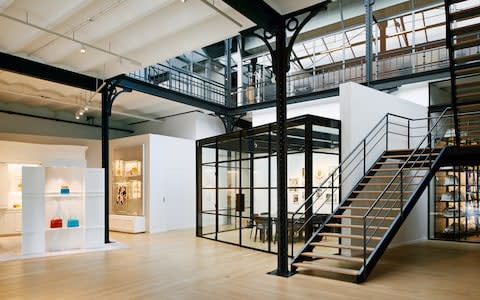
Most luxury houses are French or Italian, but Belgium is a small place with a lot of little treasures - and so is our company. And while the families have changed, we've always been family-run, which is important.
When I first joined the company (as brand and image director), people asked how I'd reinvent it, but I never intended to do any such thing. I knew I had to respect what people here had built and try to put it on a world stage.
It's a new chapter, and the story will continue after someone takes over from me. I hope what I manage to bring is some fresh air and a more audacious vision; it's a responsibility because you become a guardian of this special thing.
If you're a fashion house making bags, you have three months to do cruise, pre-collection, catwalk shows... But we have time to explore things. Although we work to a schedule too, we have a lot more freedom, and if something isn't up to our high level of skill, we won't show it.
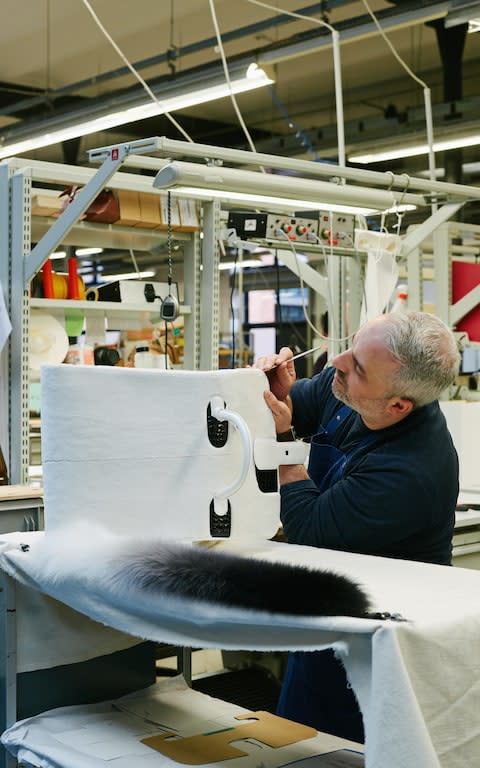
Instead, we'll sit on it, make it work and show it later. We've opened 28 stores in the last seven years, but no matter how much we expand, everything has to start with making the product the best it can be.
My mother had been a model for Gabrielle Chanel, and I began my career as a model in Paris. I fell into it - I wanted to be a political translator. I started working for a small company called Dejac, which Franco Moschino was designing for. Gradually, I took on a low-level commercial role, showing the collection to buyers.
I then went to Lanvin, working for the family. That was a lesson in how diplomatic one has to be in that kind of set-up, so it was very challenging at times.
I've been lucky enough to have worked with some of the most talented designers of the 20th century: Christian Lacroix, Alexander McQueen, Riccardo Tisci. You learn something different from each of them. Karl Lagerfeld really gave me wings.
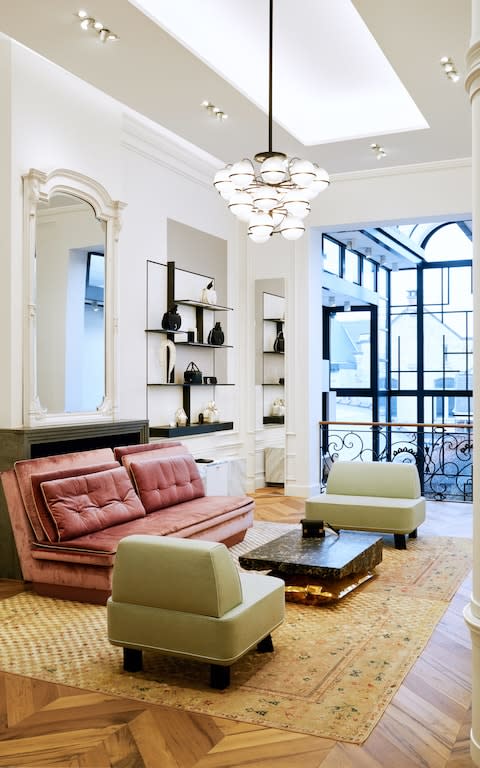
I worked for him in the '80s and it was a time when anything was possible. We weren't led by marketing; it was total freedom, total creativity, this incredible circus.
One of the most valuable lessons I've learnt? Never hesitate. I would prefer to make a mistake and learn from it than not to have a point of view.
If you look at the brands to come out of Belgium, they never try to please everybody. Dries Van Noten has a singular vision - you either like it or you don't - but it's 100 per cent his. The worst thing is when brands try a little bit of this, a touch of that... You need a standpoint.
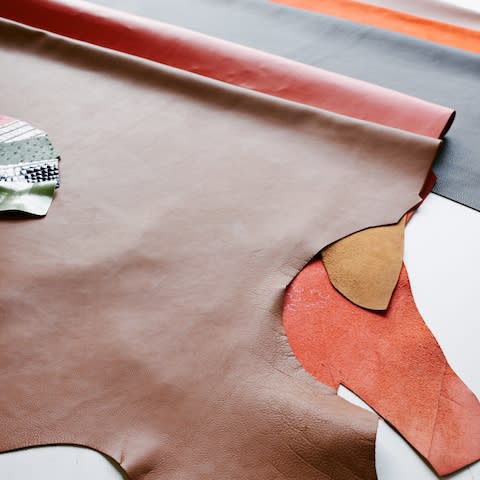
Delvaux is a brand that's full of wonderful paradoxes, and that keeps me excited. You have to push forward with the innovation - we created a limited-edition plastic range that takes 18 months to develop - while respecting the classicism.
It's a dialogue between the past and the future. Savoir faire and tradition are fine, but they won't see you into the next century.

